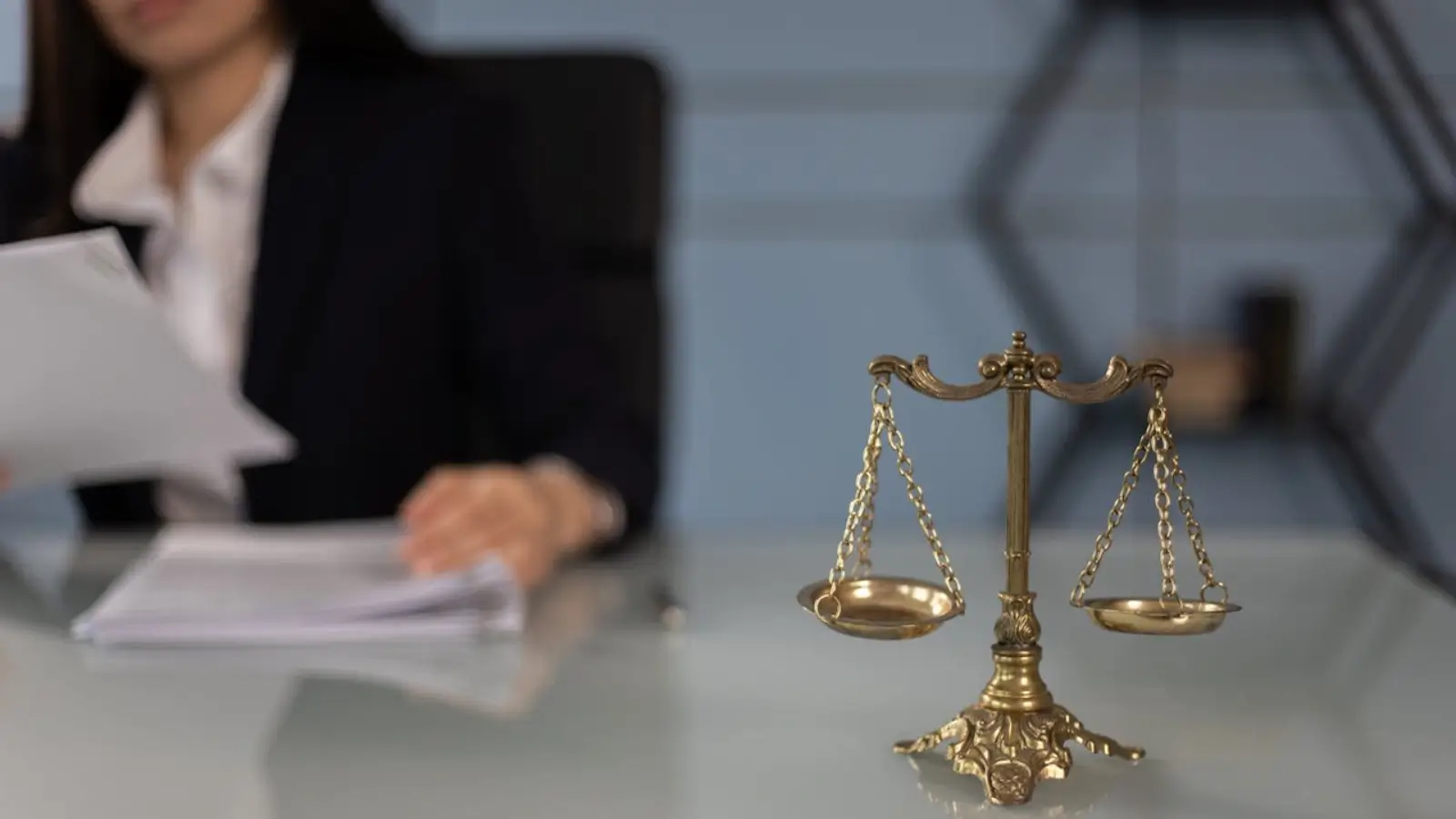Collisions involving commercial vehicles frequently result in complex litigation due to the scale of damage, severe injuries, and the number of parties involved. These incidents, whether caused by delivery trucks, cargo vans, or tractor-trailers, often disrupt local traffic and pose a significant public safety risk. In a city like Ann Arbor, with its blend of residential neighborhoods, busy highways, and high commercial traffic, accidents involving these larger vehicles raise serious legal and logistical questions.
An Ann Arbor truck accident lawyer plays a vital role in unraveling the legal intricacies that follow a commercial vehicle crash. Unlike standard car accidents, these cases involve corporate entities, federal regulations, and high insurance stakes. Legal professionals experienced in this area ensure victims’ rights are protected and responsible parties are held accountable through a structured review of all contributing factors.
Uncovering Liability Beyond the Driver
Determining responsibility in a commercial vehicle crash rarely ends with the driver. Legal teams must evaluate whether the transportation company enforced proper safety protocols, provided adequate training, or maintained their fleet to industry standards. Maintenance contractors, cargo loaders, or third-party logistics firms may also create unsafe conditions that lead to collisions.
Legal reviews identify each potentially liable party. Establishing a chain of accountability allows injured victims to pursue claims against every entity that played a role. A thorough liability assessment increases the chance of full financial recovery, especially when one party’s insurance coverage falls short.
Evaluating Federal and State Regulation Compliance
Commercial vehicle operators must adhere to many regulations set forth by the Federal Motor Carrier Safety Administration (FMCSA) and Michigan state laws. These include limits on consecutive driving hours, required rest periods, vehicle inspection schedules, and load restrictions.
When a crash occurs, lawyers investigate whether any rules were violated. Driving logbooks, maintenance reports, and electronic logging devices provide essential data. Evidence of regulatory non-compliance strengthens negligence claims and may open the door to punitive damages, especially in reckless disregard for public safety cases.
Preserving Critical Evidence Before It Disappears
Time-sensitive data can disappear quickly after a commercial vehicle collision. Black box recorders, telematics, and GPS logs must be secured immediately to reconstruct the incident accurately. Many trucking companies act fast to mitigate liability, sometimes making repairs or deleting data that could reveal fault.
Legal teams issue preservation letters to prevent the destruction of critical records. They also coordinate with independent experts to document physical evidence, inspect vehicles, and map the accident scene. Without immediate legal intervention, vital proof may be lost, weakening a future claim.
Interpreting Complex Insurance Structures
Commercial vehicles typically carry multiple layers of insurance coverage, sometimes through different providers. Understanding these policies and identifying which coverage applies requires detailed legal analysis. Misinterpretation or delayed action could mean missed compensation opportunities.
An attorney familiar with insurance frameworks can decipher policy limits, identify exclusions, and negotiate effectively with insurers. Claims may involve coverage for the vehicle, the driver, the company, or a third-party contractor. Legal review ensures all avenues for financial recovery are fully explored.
Calculating Damages Beyond Immediate Medical Bills
Injuries from commercial vehicle crashes often include traumatic brain injuries, spinal cord damage, or permanent disability. The impact goes beyond immediate treatment costs, affecting long-term income, quality of life, and future healthcare needs.
A legal review accounts for both economic and non-economic damages. Attorneys work with medical professionals, economists, and rehabilitation experts to project future losses and calculate fair compensation. This comprehensive approach guards against accepting settlements that cover only a fraction of actual damages.
Mitigating Partial Fault Under Michigan Law
Michigan’s modified comparative fault rule complicates personal injury claims. If the injured party shares responsibility for the crash, their compensation decreases in proportion to their assigned fault. When that fault exceeds 50%, recovery for pain and suffering becomes impossible.
Legal representatives combat these issues by compiling strong evidence that shifts blame toward the commercial operator or affiliated companies. They review surveillance footage, interview witnesses, and utilize accident reconstruction to support the client’s version of events. Proactive defense strategies protect compensation from being reduced or denied.
Managing Public Safety and Community Impact
Commercial vehicle crashes in Ann Arbor often involve high-traffic areas like Washtenaw Avenue, I-94, or State Street. When large trucks collide in these zones, the ripple effects include road closures, property damage, and risk to pedestrians or cyclists.
Legal reviews in such cases extend beyond private claims. Attorneys may collaborate with local authorities, safety boards, or city planners to analyze whether road design, signage, or traffic patterns contributed to the crash. Recommendations from these reviews sometimes influence broader safety reforms.
Investigating Corporate Negligence Patterns
One isolated crash may reveal a larger problem within a trucking company's operations. Repeated violations, overworked drivers, or faulty equipment may indicate a pattern of negligence. Lawyers use discovery tools to uncover safety audits, prior complaints, and regulatory citations.
If a company has a documented history of safety failures, that information significantly strengthens a civil case. It may also lead to regulatory penalties or changes in industry practices. Identifying systemic problems enhances both legal outcomes and public accountability.
Structured Legal Reviews Drive Just Outcomes
Thorough legal examination after a commercial vehicle crash provides more than compensation. It ensures that negligent companies are exposed, victims are protected, and communities remain safe. In Ann Arbor, where commercial and personal traffic grows, diligent legal reviews are essential to maintaining road safety and upholding justice.

















